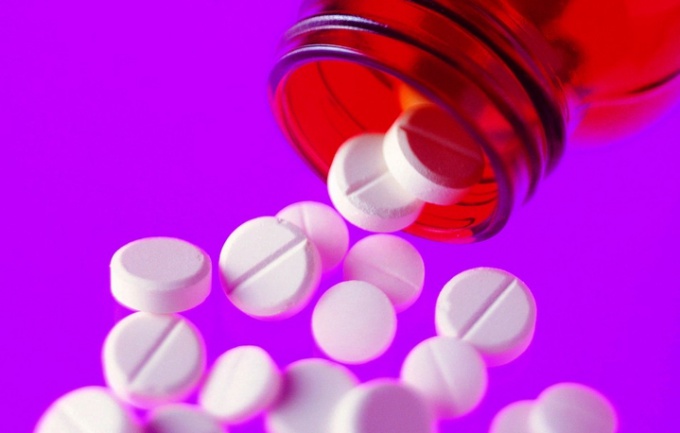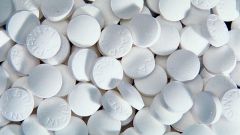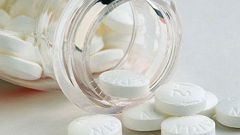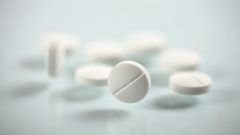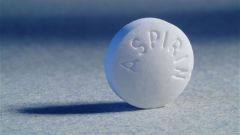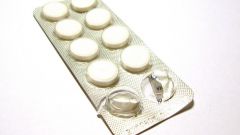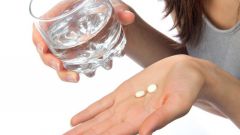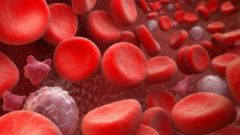Instruction
1
Take one tablet of aspirinand 500 mg if you have a high temperature, migraine, neuralgia or severe tooth pain. You can repeat the medication if relief does not come within the hour, but it should be remembered that aspirin at a daily dose of 3-4 grams can cause severe side effects. Wash down the pill with plenty of water, as acetylsalicylic acid, which is aspirin, corrodes the mucous membranes. That is why this drug is contraindicated to people with history of diseases of the gastrointestinal tract. For the same reason you should not use aspirin as local remedies for toothache.
2
Dissolve one effervescent tablet of aspirinin a glass of water. This form of production is preferable in feverish conditions, since the drug solution is rapidly absorbed into the blood and lowers the temperature.
3
Consult your doctor on the appointment of aspirinin small dosage, if you have the prerequisites for the development of cardiovascular disease. For the prevention of violations of cerebral circulation, the daily dose is usually 125-300 mg. Same dose recommended to prevent a second heart attack for people who have suffered a myocardial infarction. There is a form of release of drugs in a special envelope, which is not soluble in the stomach and intestines. This reduces the risk of side effects, as gastric mucosa not in contact with acetylsalicylic acid.
4
Ask the pediatrician what dosage of aspirin for your child in the case that a high temperature does not break the drugs of first choice (paracetamol, ibuprofen). Usually in babies under one year, a single dose of aspirinand is 50 mg, in children aged 2-4 years - 100-200 mg, in 5-7 years, up to 300 mg. the older Children can take half an adult tablet or even the whole.
Note
Aspirin is contraindicated for gastrointestinal diseases, impaired renal function and liver, while treatment with anticoagulants and bronchial asthma. During pregnancy, especially in the first trimester, aspirin is contraindicated.
Useful advice
Chronic administration of aspirin should regularly produce full blood count.
